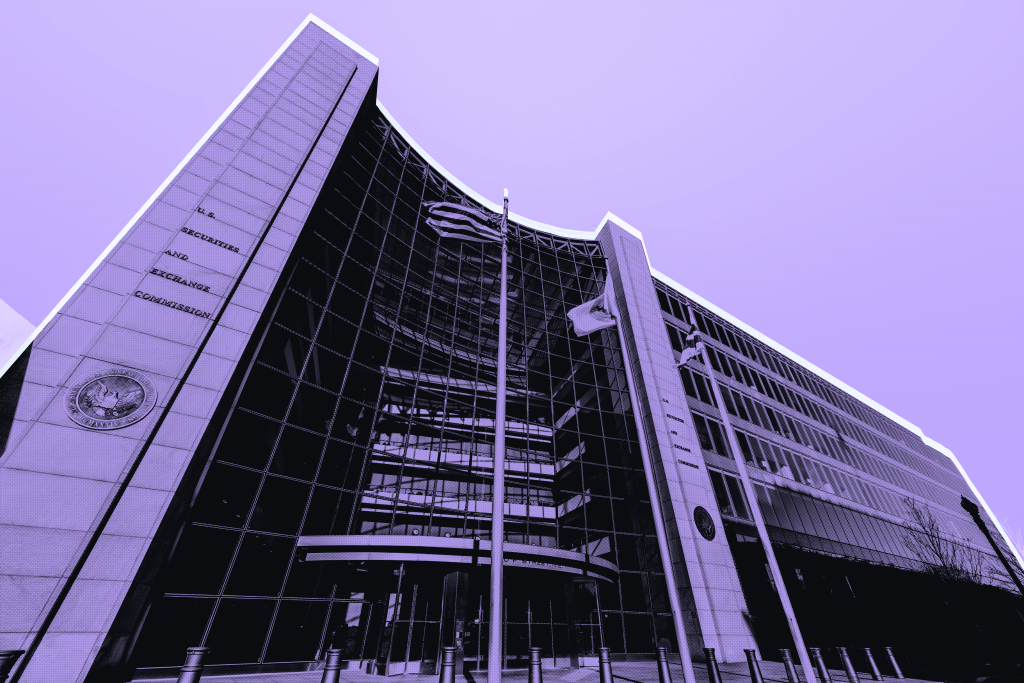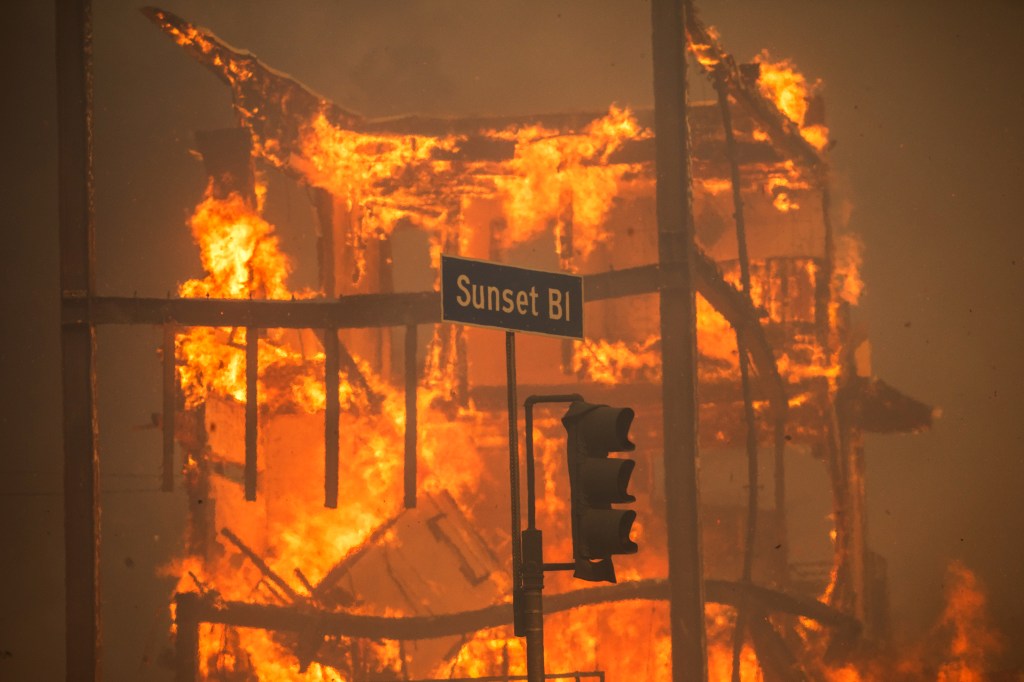A new report by global financial watchdog the Financial Stability Board (FSB) has warned that climate-related disasters are putting increasing pressure on the stability of global financial markets. And this means banks and other financial institutions could be forced to reconsider their lending and investment approaches.
The Assessment of Climate-related Vulnerabilities report “focuses on assessing climate-related vulnerabilities in the global financial system, particularly from a cross-border and cross-sectoral perspective.”
It goes on: “Banks could reduce lending, including for recovery to already vulnerable households and corporates. There could also be an abrupt, broad-based repricing of climate-physical risk.”
The report warns that disasters triggered by climate change, such as wildfires, drought, floods and storms could dent investor confidence and lead to a broader panic in financial markets.
The warning comes at a crucial time, as the world’s average temperatures rose to above 1.5 °C above pre-industrial levels for the very first time ever in 2024, causing serious concerns about the immediate and long-term consequences of global warming.
And this year the world has already witnessed some of those consequences in the form of devastating wildfires in Los Angeles, which have so far killed around 27 people and forced tens of thousands of others to evacuate, according to reports. According to some estimates, the financial damage cause by these fires could reach as much as around $250 billion. Other sources have quoted even higher figures based on long-term impacts of the disaster.
Impact on markets
One impact is the global home insurance crisis, with homeowners facing rapidly rising prices to insure their properties against disasters caused by climate change. And insurance could become less available and more expensive for customers.
Sectors and jurisdictions which are currently not directly affected by natural disasters could also feel an impact, as financial institutions are forced to incorporate future larger losses into current prices, according to the report.
Insurance companies are already pulling out of LA in the aftermath of the latest fires, due to the risk of increased losses. There are reports that around 800,000 homes are currently left without coverage.
The FSB report says: “There are indications that insurance premiums have been rising in certain vulnerable areas to reflect expected or realised increases in physical risks, with some insurers withdrawing from markets that are deemed too risky.”
In a separate report, the FT has looked into how the latest disaster in LA has had an impact on utility companies, as they face potential lawsuits from residents.
According to the paper: “Shares of the three largest publicly traded utility companies in California – Edison International, Sempra and Pacific Gas and Electric (PG&E) – sold off as investors reacted to the potential liability utility companies face in the aftermath of a wildfire.”













